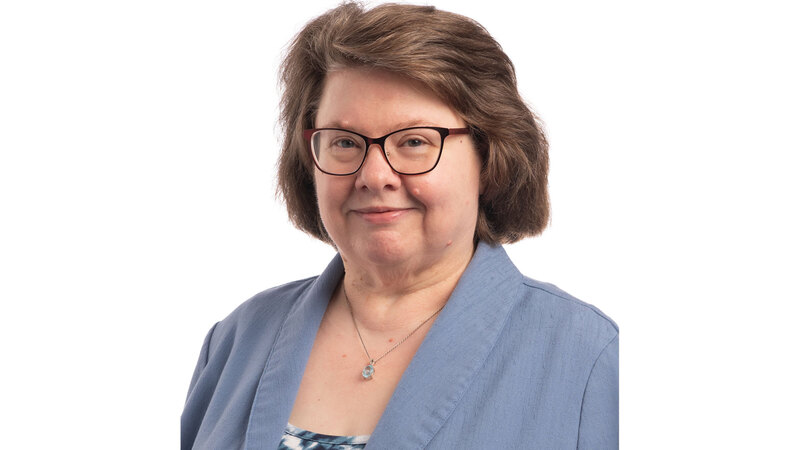When Television and Family Practice Intersect
2023 Sandra L. Panther Fellow – The Center for History of Family Medicine

Diane Jarrett, Ed.D., the newest recipient of the 2023 Sandra L. Panther Fellowship in the History of Family Medicine, has found a unique way to combine two passions that don’t seem like natural partners: a heart for family medicine and an interest in the history of mass media and society.
Jarrett hopes that viewers of her study, titled “The Family Physician on TV: A Reflection of Societal Changes, 1969-1976,” will be “intrigued to delve into the history of how a fictional family doctor served as a sounding board for serious, adult discussions that often had not been featured on television in previous years.”
Jarrett focuses on the television program Marcus Welby, M.D., and notes that controversial issues such as sexual assault, reproductive health, drug addiction and other deeply personal issues received little television airplay until the late 1960s. “In the late 1960s and early 1970s, American society went through a period of upheaval that changed everything, including what was suddenly acceptable to discuss in popular entertainment,” said Jarrett. Marcus Welby, M.D., first appeared in 1969 as a fictional family doctor – the same year Family Practice was approved as a medical specialty in the non-fiction world.
The fellowship is sponsored by the AAFP Foundation’s Center for the History of Family Medicine (CHFM) and honors Sandra Panther, former executive director of the Foundation. With funding from the fellowship, Jarrett plans to immerse herself in vintage materials at the CHFM which include scripts from the Welby series, a collection from the actor who portrayed Welby, Robert Young, and press kits from the television program among other gems that hopefully “weave into [telling] the story.”
For 15 years, Jarrett has worked in the Department of Family and Preventive Medicine at the University of Arkansas for Medical Sciences serving as both the director of education and communications and the assistant director of the residency program. Describing her education journey from journalism to higher education as eclectic, Jarrett enjoys researching and writing about societal issues and movies mostly from the 1920s-1940s. Studying the 1960s and early 1970s will be a new venture for her.
Jarrett wants to help readers think about family medicine through the lens of societal issues happening in the world. Knowing that art imitates life, Jarrett sees the correlation between Marcus Welby, M.D. depicting a family doctor and family doctors serving in communities of all types and sizes. Marcus Welby could “broach controversial topics within the format of the daily practice of a kindly family doctor. Dr. Welby depicted family doctors as being ready and willing to deal with even the most intimate concerns in a confidential, trustworthy manner.”
Each year, the Center for the History of Family Medicine (CHFM) sponsors one Fellowship supporting research at the Center to advance understanding and appreciation of the history of Family Medicine. The Sandra L. Panther Fellowship provides a $3,000 award distributed to the fellow upon completion of their research at the Center for the History of Family Medicine. Interested in applying? Applications are open from January 15 to March 31 each year.